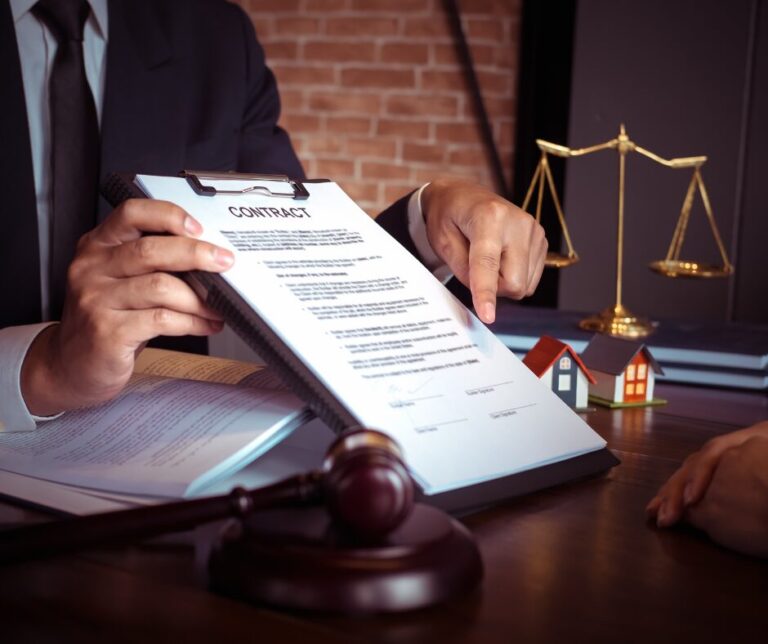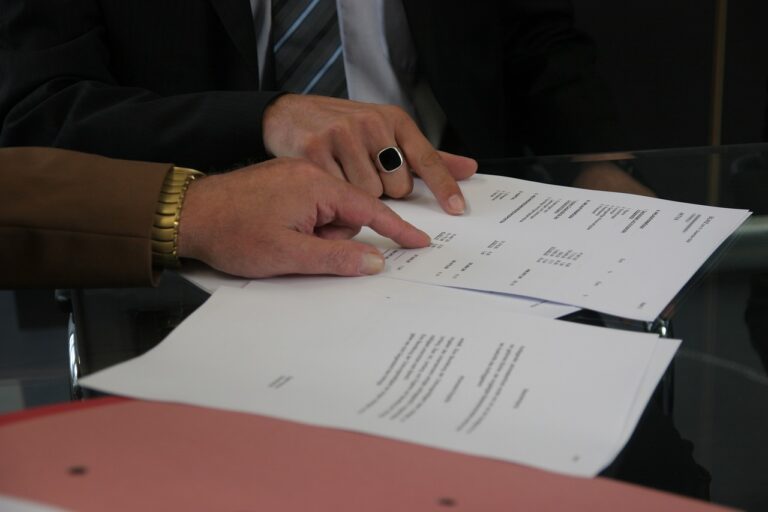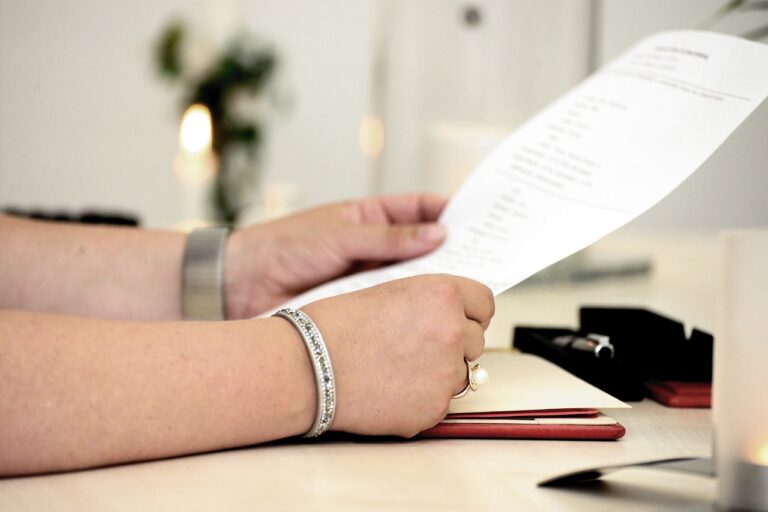- Disaster-aware estate planning protects documents and assets from storm damage.
- Use digital storage and backup for wills, trusts, and critical records.
- Include directives and plans for relocation, power outages, and asset protection.
Hurricane season in Florida brings more than just storms, it can bring serious disruption to your life and property. While most people prepare by stocking supplies or securing their homes, protecting your estate plans is just as important. With the right steps, you can safeguard your legal documents, ensure your wishes are upheld, and protect your loved ones during an emergency.

Here are eight essential tips to secure your estate plan before a storm hits.
1. Digitize Your Estate Documents
Keep digital backups of your key documents, including your will, trust, power of attorney, and healthcare directives. Store them in a secure, cloud-based location that you and your attorney can access remotely.
Why it matters: Paper documents can be destroyed or damaged by floodwaters, wind, or fire.
2. Use Waterproof and Fireproof Storage
Place your physical estate documents in a waterproof and fireproof safe or storage box. Make sure it’s in an accessible but secure location in your home or a trusted third-party location.
Pro tip: Include a labeled USB drive with copies of your documents inside.
3. Communicate with Key People
Let your appointed power of attorney, executor, and healthcare proxy know where to find your documents and how to access them if needed. Also, share your emergency contact information.
4. Review and Update Your Plan
If it’s been a year or more since you reviewed your estate plan, now is the time. Changes in property ownership, family structure, or state laws may require updates.
Focus areas:
- Beneficiary designations
- Guardianship arrangements
- Property distribution instructions
5. Include Provisions for Temporary Relocation
If you need to evacuate or temporarily relocate due to a storm, your estate plan should account for this. Make sure your documents are valid across state lines if you’re headed out of Florida.
6. Secure Access to Financial Accounts
Ensure that your trusted contacts have access to necessary financial accounts if you’re unable to manage them during or after a storm. This may involve updating your durable power of attorney.
7. Document Property Conditions Before the Storm
Take photos or videos of your home and property before hurricane season. Not only does this help with insurance claims, it also supports your estate’s asset records.
8. Work with an Estate Planning Attorney
An experienced estate planning attorney can help you craft a disaster-proof plan, assist with legal updates, and store copies of important documents on your behalf.
Estate planning during hurricane season in Florida isn’t just smart, it’s essential. By taking these eight steps, you’ll be prepared not only to protect your assets but also to provide clear direction for your family if disaster strikes. Need help getting started or reviewing your estate plan? Contact our experienced estate planning attorneys today to weather the season with confidence.
FAQS
1. Should I store estate documents digitally in Florida?
Yes. Scanning and encrypted backups protect against flood, fire, or storm damage — ensuring your documents remain safe and accessible when needed.
2. How can I protect valuable documents during a hurricane?
Keep originals in a waterproof, fireproof safe or safe deposit box. Store duplicates online or in an offsite location.
3. Do I need a disaster clause in my estate plan?
Yes, a clause can address events like forced evacuation, incapacity, or funds needed during emergencies, ensuring flexibility and clarity.
4. Does Florida’s homestead protection help in disaster planning?
It does. Homestead protection offers creditor protection and impacts probate planning, but you still need a robust estate plan to protect other assets and immediate needs.





